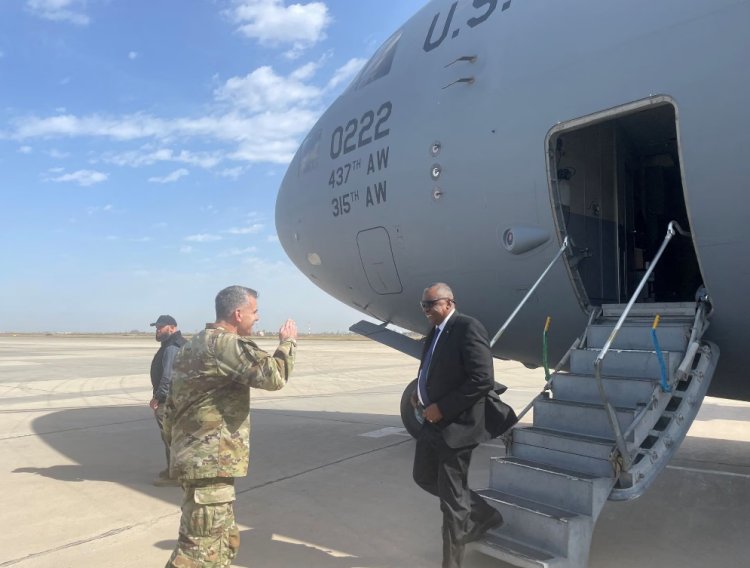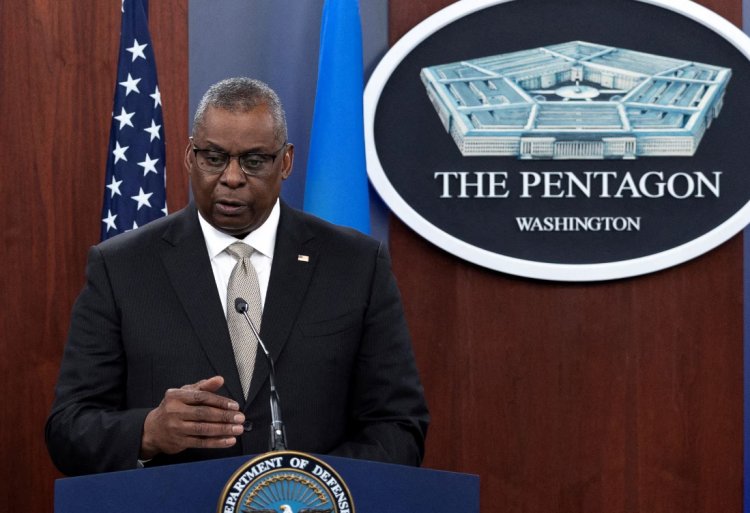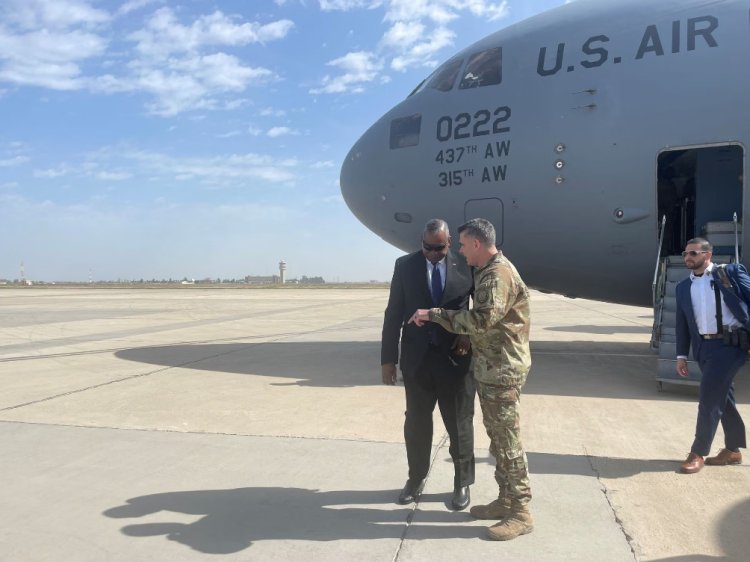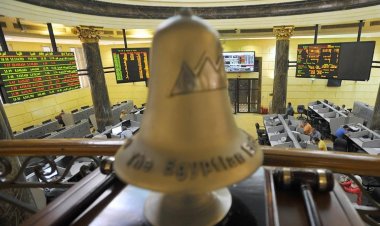Why US defense secretary visited Iraq?
Austin said today in Iraq "I am here to reaffirm the strategic partnership between the United States and Iraq as we move toward a more secure, stable, and sovereign Iraq".

US Defense Secretary Lloyd Austin made an unannounced visit to Iraq to show Washington's commitment to maintaining its military presence there, nearly 20 years after the US-led invasion to topple Iraqi President Saddam Hussein.
The 2003 invasion killed tens of thousands of Iraqi civilians and created instability that eventually paved the way for the rise of Islamic State militants after the United States withdrew its forces in 2011.
Austin, the most senior official in President Joe Biden's administration to visit Iraq, was the last commander of US forces there after the invasion.
Austin said today in Iraq "I am here to reaffirm the strategic partnership between the United States and Iraq as we move toward a more secure, stable, and sovereign Iraq".

2500 troops in Iraq
The United States currently has 2,500 troops in Iraq and an additional 900 troops in Syria to help advise and assist local forces in fighting the Islamic State, which in 2014 seized swathes of territory in both countries.
A senior US defense official said, "What they (the Iraqis) will hear is a commitment to maintain our troop presence, but it's not just about the military tool.
"The United States is widely interested in a strategic partnership with the Government of Iraq," he added.
He continued, The Islamic State is far from the formidable force it once was, but militant cells have survived in parts of northern Iraq and northeastern Syria.

Washington's commitment to Iraq
Retired US Marine Gen. Frank McKenzie, who headed US forces in the Middle East until last year, said Austin's trip demonstrated Washington's commitment to Iraq.
"It reflects a more mature US approach to Iraq after the disastrous decision to withdraw late in the Obama administration, and that was a disastrous decision," McKenzie said.


 Shrouq
Shrouq 












